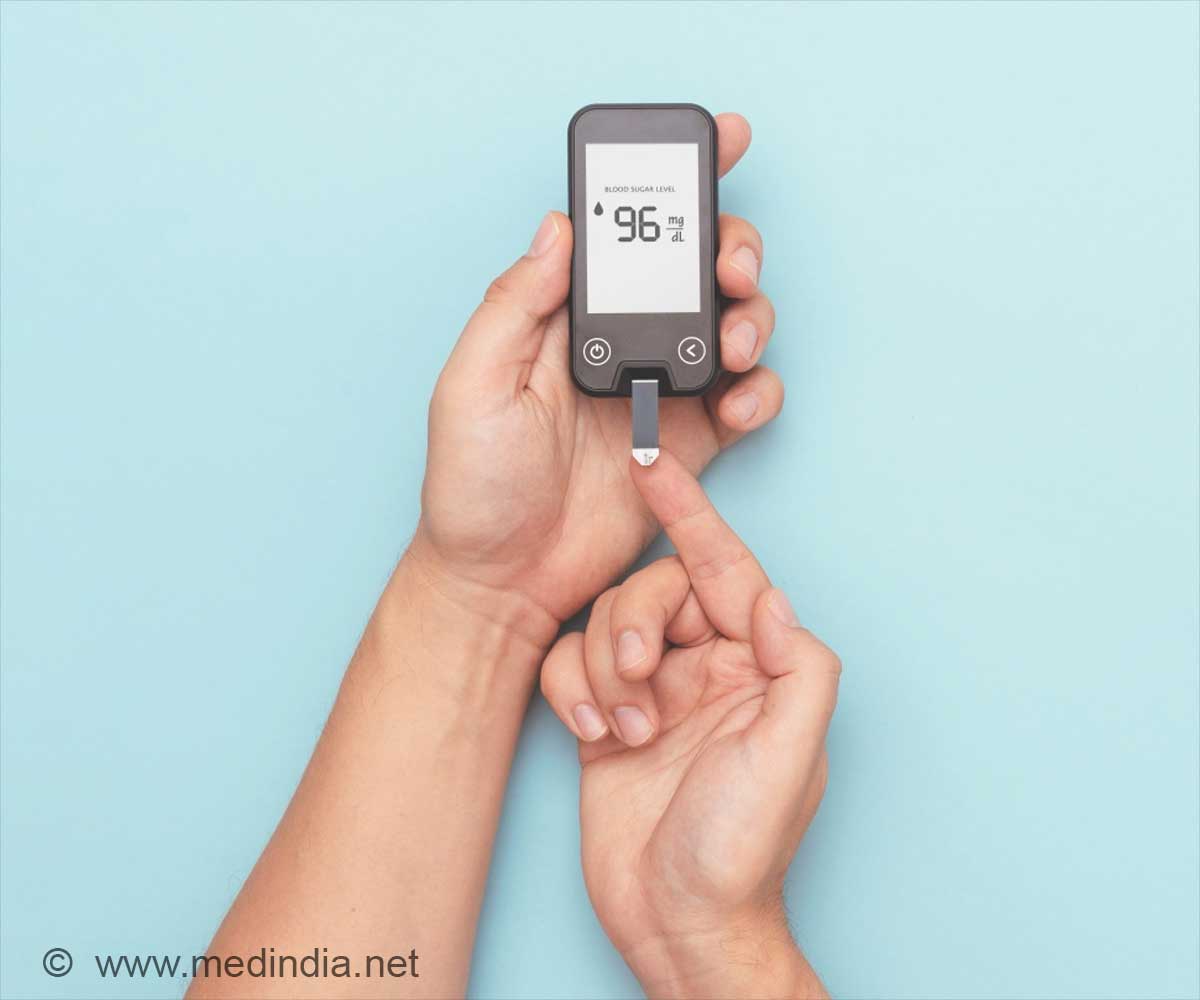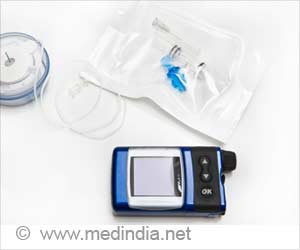Evaluation of data from seven clinical trials recommends that intensive glucose control is inked to lessened risk of microalbuminuria and macroalbuminuria.

Aggressive glycemic control has been hypothesized to prevent renal disease in patients with type 2 diabetes mellitus (T2DM), according to the study background.
"Our analysis demonstrates that, after 163,828 patient-years of follow-up in the seven studies examined, intensive glycemic control lessens albuminuria, but data are lacking for evidence of a benefit for clinically important renal end points," the authors note.
Steven G. Coca, D.O., M.S., of Yale University, New Haven, Conn., and colleagues searched the available medical literature and evaluated seven randomized trials involving 28,065 adult patients.
Compared with conventional control, intensive glucose control was associated with reduced risk of microalbuminuria (risk ratio, 0.86) and macroalbuminuria (0.74), but not doubling of the serum creatinine level (1.06), ESRD (0.69) or death from renal disease (0.99), according to study results.
"Acknowledging the low incidence of clinical renal outcomes coupled with the apparent lack of convincing benefit of intensive glycemic control to prevent CKD (chronic kidney disease) and ESRD in patients with newly diagnosed or existing T2DM, there is little compelling reason to initiate intensive glycemic control in midstage of the disease with the aim of preventing renal failure," the authors conclude.
Advertisement
Invited Commentary: Understanding Intensive Diabetes Therapy
Advertisement
"Although implementing intensive therapy is difficult and imposes burden and expense, all of the primary data continue to support its long-term benefit," Nathan concludes.
Editor's Note: Please see the article for additional information, including other authors, author contributions and affiliations, financial disclosures, funding and support, etc.
Invited Commentary: Prioritizing Type 2 Diabetes Treatments
In an invited commentary, Karen L. Margolis, M.D., M.P.H., and Patrick J. O'Connor, M.D., M.A., M.P.H., of HealthPartners Research Foundation, Minneapolis, Minn., write: "The analyses presented by Coca et al demonstrate the lack of evidence that intensive glycemic control reduces the kinds of advanced complications of major concern to patients, such as renal failure."
"We conclude that for many patients with T2DM, the potential benefits of multidrug intensive glucose control regimens, which are only marginally supported by current evidence, must be weighed against the potential risks of such therapy (including hypoglycemia and possible increased mortality risks) as well as the potentially larger benefits of focusing clinical attention on other domains, such as blood pressure lowering, lipid control and smoking cessation," they conclude.
Source-Eurekalert















